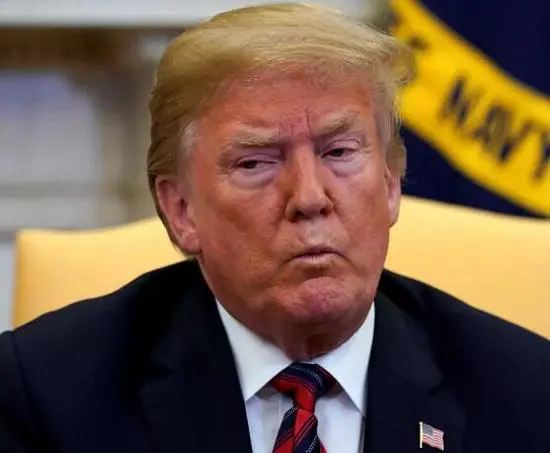A top UN official on Tuesday said that "we cannot let Ebola win," urging more swift and unified actions as "time is our biggest enemy" in the fight to prevent the spread of Ebola virus, which has already claimed more than 4,000 lives since early this year.
Anthony Banbury, special representative of the UN secretary- general and head of the UN Mission for Ebola Emergency Response ( UNMEER), made the remarks as he was briefing the UN Security Council on the impact of Ebola in Africa.
"Ebola got a head start on us, is far ahead of us, is running faster than us, and is winning the race," he told the 15-nation UN body via a video link, "We cannot let Ebola win."
To turn the epidemic around, he said, efforts should be made to ensure that 70 percent of infected people in a care facility and 70 percent of burials done without causing further infection within 60-day timeframe starting from Oct. 1 as advised by the World Health Organization (WHO).
"If we do not reach those targets within 60 days, and the numbers spike, many more people will die," he warned.
Also on Tuesday, the World Health Organization (WHO) said that there could be up to 10,000 new Ebola cases per week in Guinea, Liberia and Sierra Leone, the three hardest-hit countries in the Ebola crisis, by the end of this year as the virus continues its deadly march across the countries.
"WHO advises that the four things we collectively must do to stop Ebola are to identify and trace contacts; manage cases; ensure safe burials; and provide people with information they can use to protect themselves," he said.
"With every day that passes, the number of sick people increases, creating the need for a greater response," he said. "As time passes, we need to do more contact tracing, and that means more trained staff with more motorcycles and more cell phones."
"Time is our biggest enemy," he said, urging to use every moment of every day to their advantage.
On Sept. 19, the United Nations established the UNMEER, the first-ever UN health emergency response mission, to harness the capabilities and competencies of all the relevant UN actors under a unified operational structure to ensure a rapid, effective, efficient and coherent response to the crisis.
Since Sept. 29, the UN Mission has dispatched a total of 84 international staff, deployed a plane and five helicopters and has delivered 69 vehicles to help West African countries fight the epidemic, Banbury said.
Meanwhile, the UN official called upon the international community as a whole to send more trained Ebola treatment unit managers and health worker. "UNMEER cannot do it alone. The affected countries cannot do it alone."
"We need more governments to build and operate Ebola treatment units and diagnostic laboratories, we need foreign medical teams, we need logistics and transport support, and we need money to pay for the rapid accelerational response," he said.
"The penalty for delay is enormous," he said. "The penalty for failure is inconceivable and unacceptable. We must act now. We must act together. We must defeat Ebola. And we must do it fast." Enditem
 简体中文
简体中文

